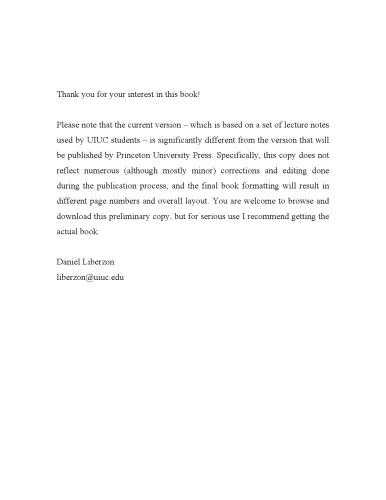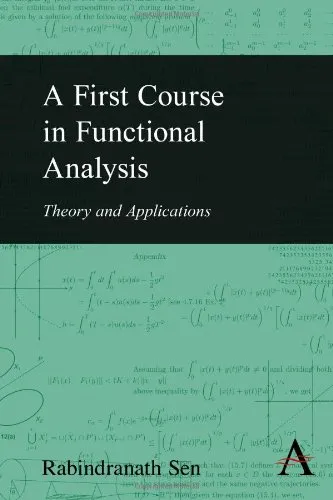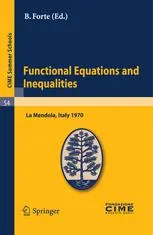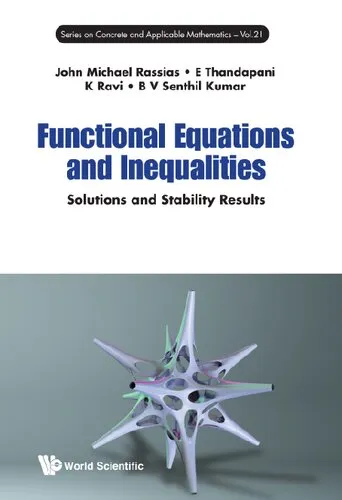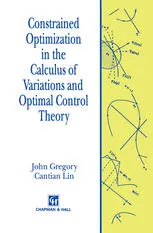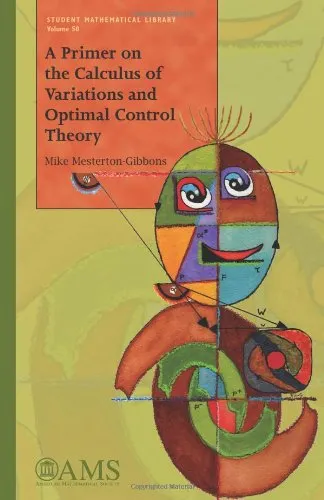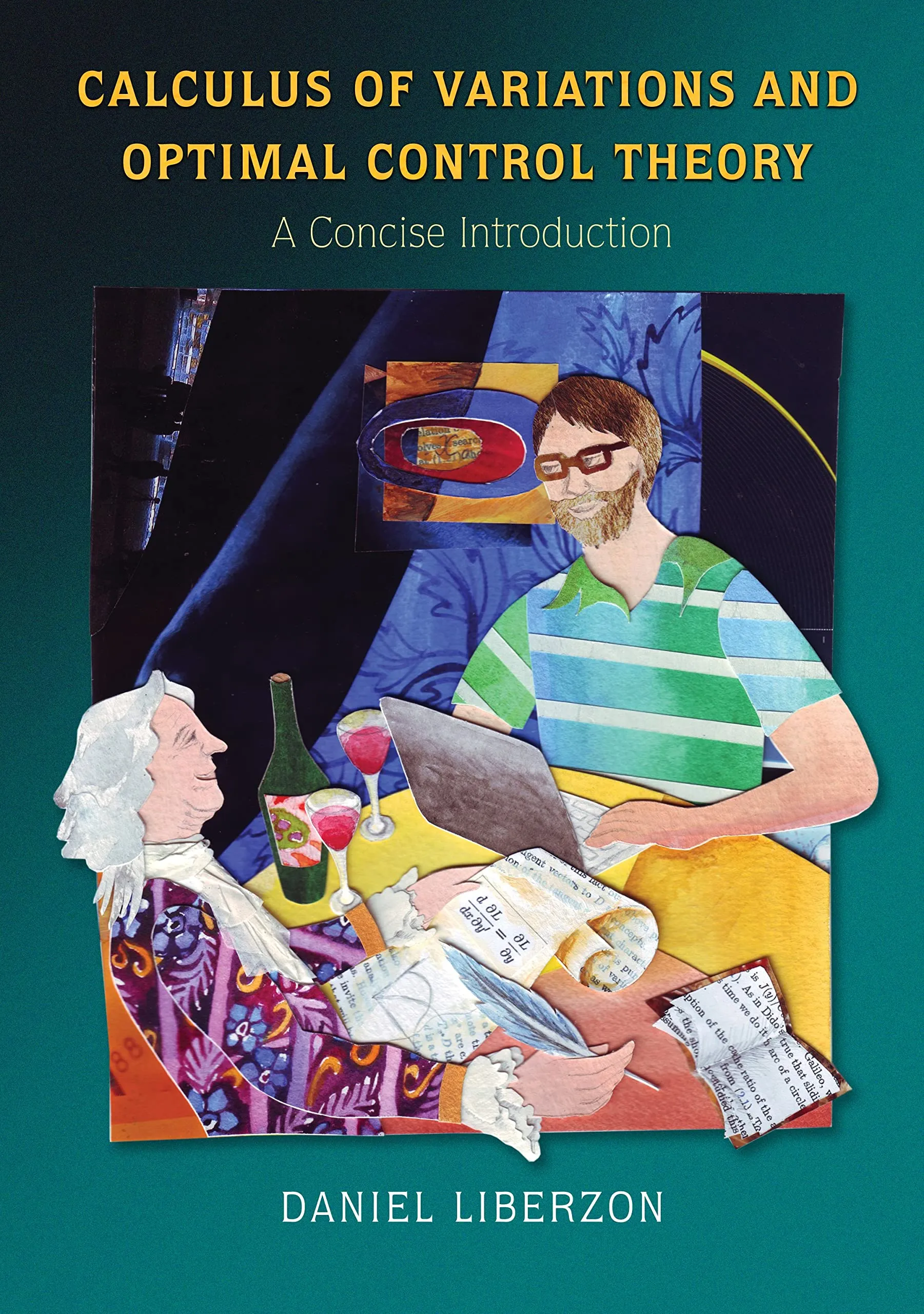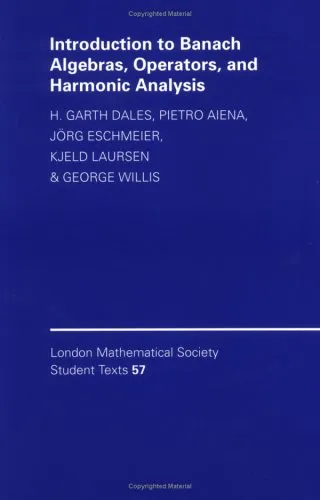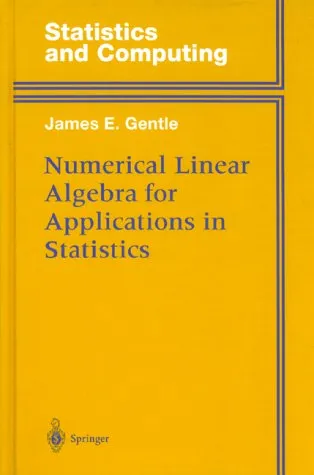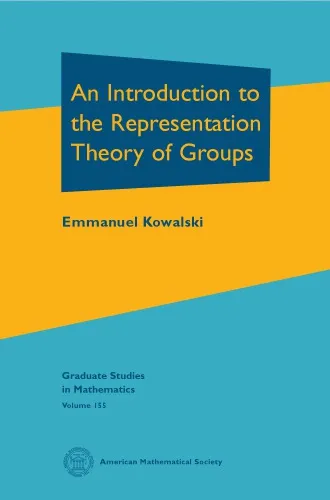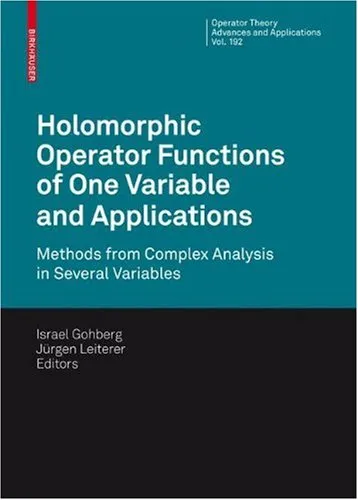Calculus of Variations and Optimal Control Theory: A Concise Introduction (Free preliminary copy)
4.0
Reviews from our users

You Can Ask your questions from this book's AI after Login
Each download or ask from book AI costs 2 points. To earn more free points, please visit the Points Guide Page and complete some valuable actions.Related Refrences:
Introduction to 'Calculus of Variations and Optimal Control Theory: A Concise Introduction'
Welcome to 'Calculus of Variations and Optimal Control Theory: A Concise Introduction (Free preliminary copy)', a foundational text crafted to bridge the gap between mathematics and its applications in engineering and the sciences.
Detailed Summary of the Book
The book 'Calculus of Variations and Optimal Control Theory: A Concise Introduction' is designed to provide students and professionals with a thorough understanding of these crucial mathematical tools. The calculus of variations is centered on optimizing functionals, often integral expressions, to determine the best possible solutions subject to constraints. This technique is pivotal in multiple fields such as physics, economics, and engineering, where one frequently encounters problems that require maximizing or minimizing some quantity.
In conjunction with the calculus of variations, optimal control theory provides significant methods for controlling dynamic systems. This synergy allows for the analysis and solution of complex systems that depend not only on static criteria but also on dynamic changes over time.
With clear definitions, numerous examples, and a wealth of exercises, the book facilitates a deeper comprehension of how these mathematical principles apply in practical scenarios. Special attention is given to real-world applications, reinforcing the theoretical knowledge with relevant practical insight.
Key Takeaways
- Understand the fundamental concepts of calculus of variations and optimal control theory.
- Learn to derive the Euler-Lagrange equations, a central theme in the calculus of variations.
- Explore dynamic optimization problems and how optimal control theory addresses them.
- Apply mathematical methodologies to real-world problems in engineering and physics.
- Strengthen problem-solving skills with practical exercises and examples included in the book.
Famous Quotes from the Book
"The significance of calculus of variations lies not in its complexity, but in its simplicity: reducing dynamic systems to their essential behavior."
"Optimal control theory serves as the bridge between mathematics and dynamics, unifying them into a practical engineering tool."
Why This Book Matters
The importance of 'Calculus of Variations and Optimal Control Theory: A Concise Introduction' can be found in its accessible approach to topics that are often perceived as abstract and complex. By simplifying these ideas, it opens the door for a broader audience to engage with these powerful mathematical tools.
This book matters because it not only equips readers with theoretical understanding but also arms them with practical tools necessary to tackle advanced problems in various scientific domains. As technologies advance and systems become more complex, having a firm grasp of how to optimize and control these systems is indispensable. Students, educators, and practitioners will find that this text prepares them not just to solve problems but to innovate and develop new solutions.
Moreover, as more industries lean heavily into data-driven models and analytics, the principles covered in this book become invaluable for those looking to make impactful contributions. Whether it's improving efficiencies in manufacturing processes, developing robust economic models, or enhancing technological innovations, the insights from this book provide a necessary foundation.
Free Direct Download
You Can Download this book after Login
Accessing books through legal platforms and public libraries not only supports the rights of authors and publishers but also contributes to the sustainability of reading culture. Before downloading, please take a moment to consider these options.
Find this book on other platforms:
WorldCat helps you find books in libraries worldwide.
See ratings, reviews, and discussions on Goodreads.
Find and buy rare or used books on AbeBooks.
1394
بازدید4.0
امتیاز0
نظر98%
رضایتReviews:
4.0
Based on 0 users review
Questions & Answers
Ask questions about this book or help others by answering
No questions yet. Be the first to ask!
